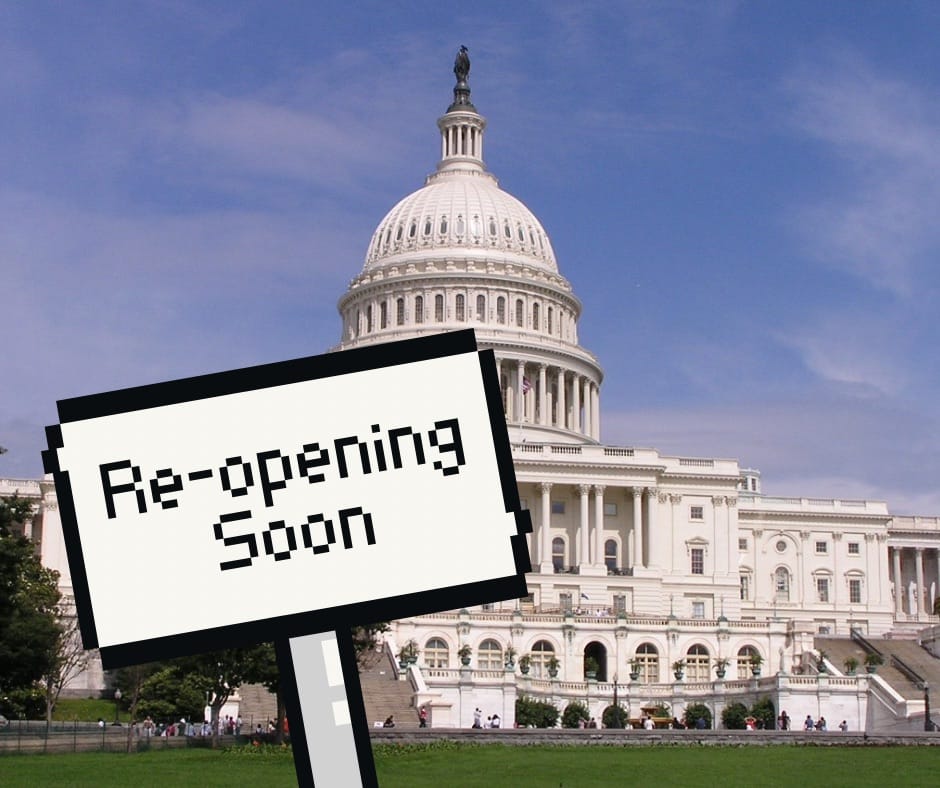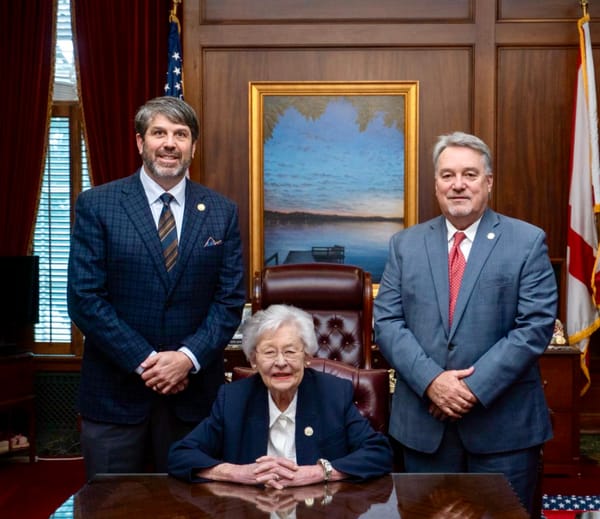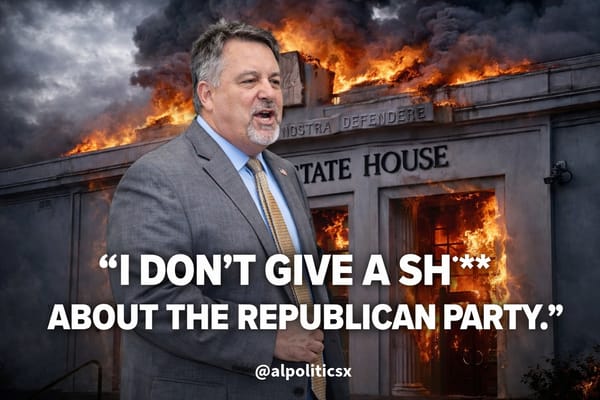Senate Nears Deal to Reopen Government
Deal would resume funding key government operations, defer major policy fights to later date

A tentative agreement emerged Sunday in the Senate to reopen the federal government after a protracted shutdown that became the longest in U.S. history.
Senior lawmakers from both parties say they have forged a framework that would resume funding key government operations while deferring some of the stickiest policy fights for a later date. Under the proposed deal, three full-year appropriations bills would move forward now, and other funding would be extended through January.
Leading the effort were moderate Democratic Senators including Jeanne Shaheen and Maggie Hassan of New Hampshire, along with Independent Angus King of Maine. They joined with Republican Senate Majority Leader John Thune to broker the deal.
In briefing reporters, Thune said simply: “The time to act is now.”
Key provisions of the agreement include:
- Reinstating federal workers who were laid off during the shutdown and preventing further mass firings for the rest of the fiscal year.
- A promise of a vote in December on extending health-insurance subsidies under the Affordable Care Act. But crucially, the extension is not guaranteed.
- Funding for government agencies through early January, giving lawmakers time to negotiate the remaining fiscal year.
Despite the apparent progress, the compromise has stirred deep unease among many Democrats. Senate Minority Leader Chuck Schumer and others have maintained that any deal must include immediate guarantees on health care subsidies—which it does not.
Sen. Richard Blumenthal of Connecticut said bluntly: “For me, it’s no deal without health care.”
Meanwhile, the path to reopening the government remains uncertain. The agreement must clear a 60-vote hurdle in the Senate and then pass the Republican-controlled House, where its fate is less clear. At best, passage in the House might take several days.
For the people of Alabama and across the country, the stakes are very real. Federal employees remain idled, air-travel disruptions continue, and benefits for the most vulnerable remain under strain. A corner may have been turned—but until a bill is actually signed by the President, the shutdown will continue.




